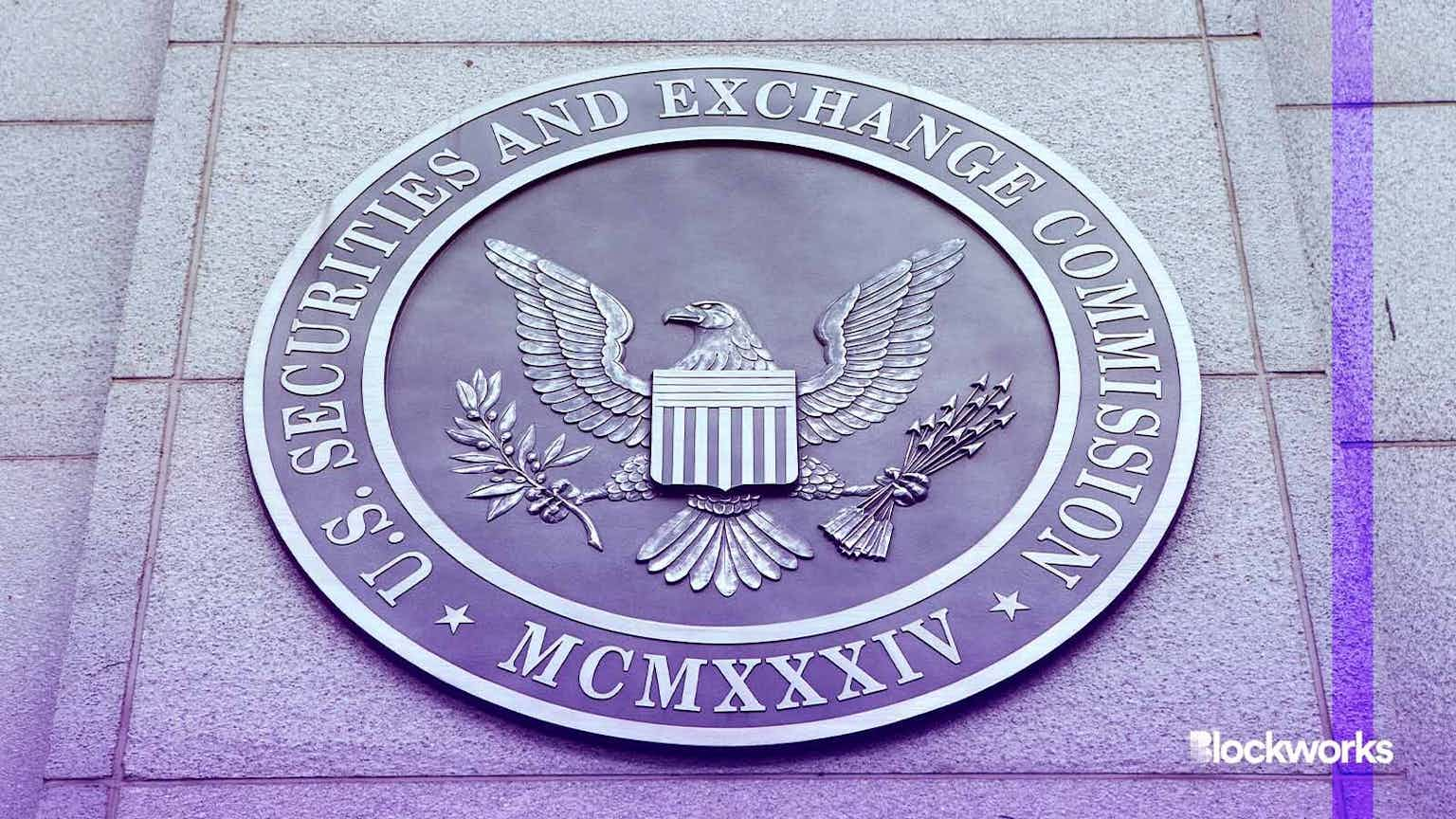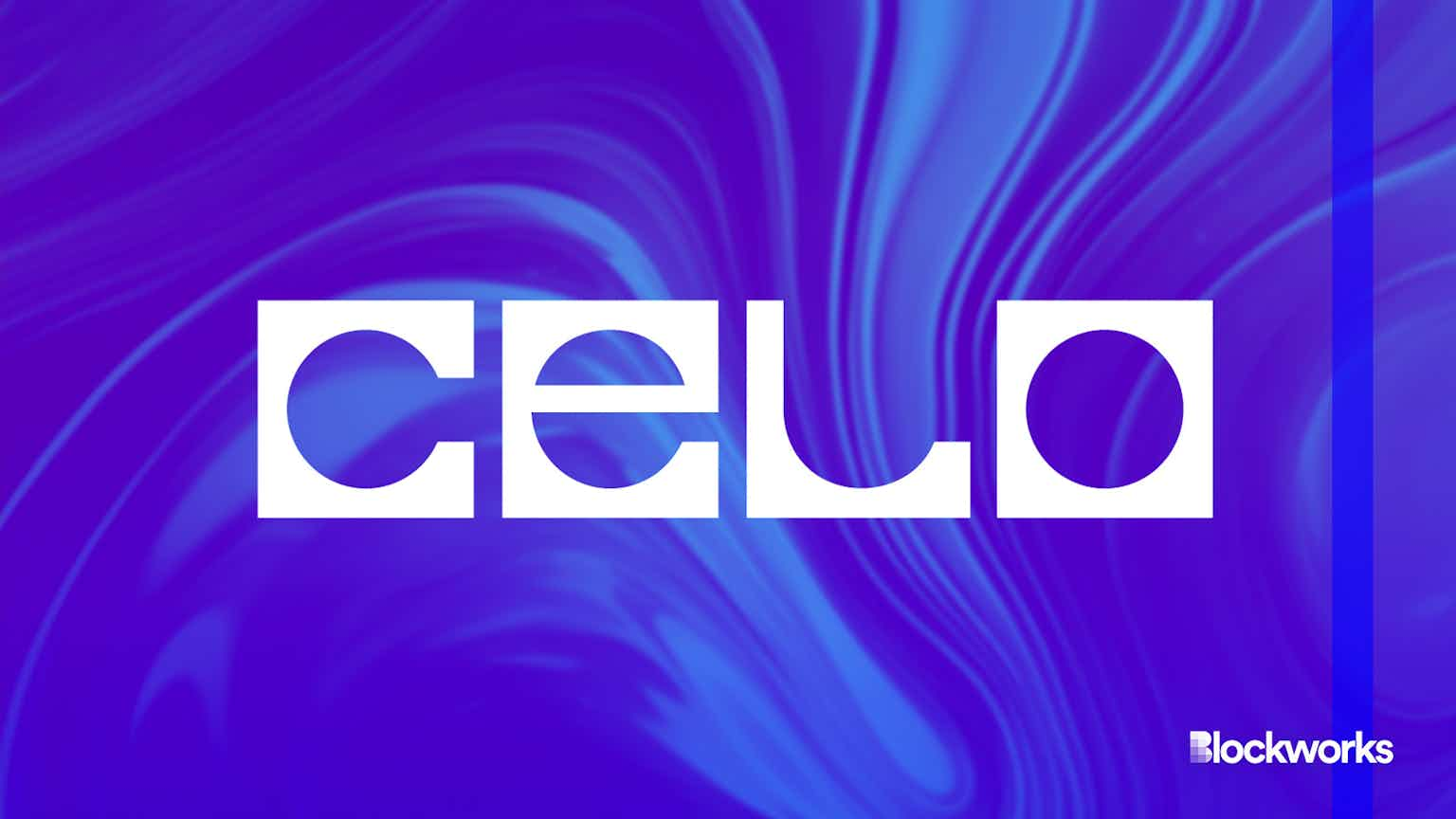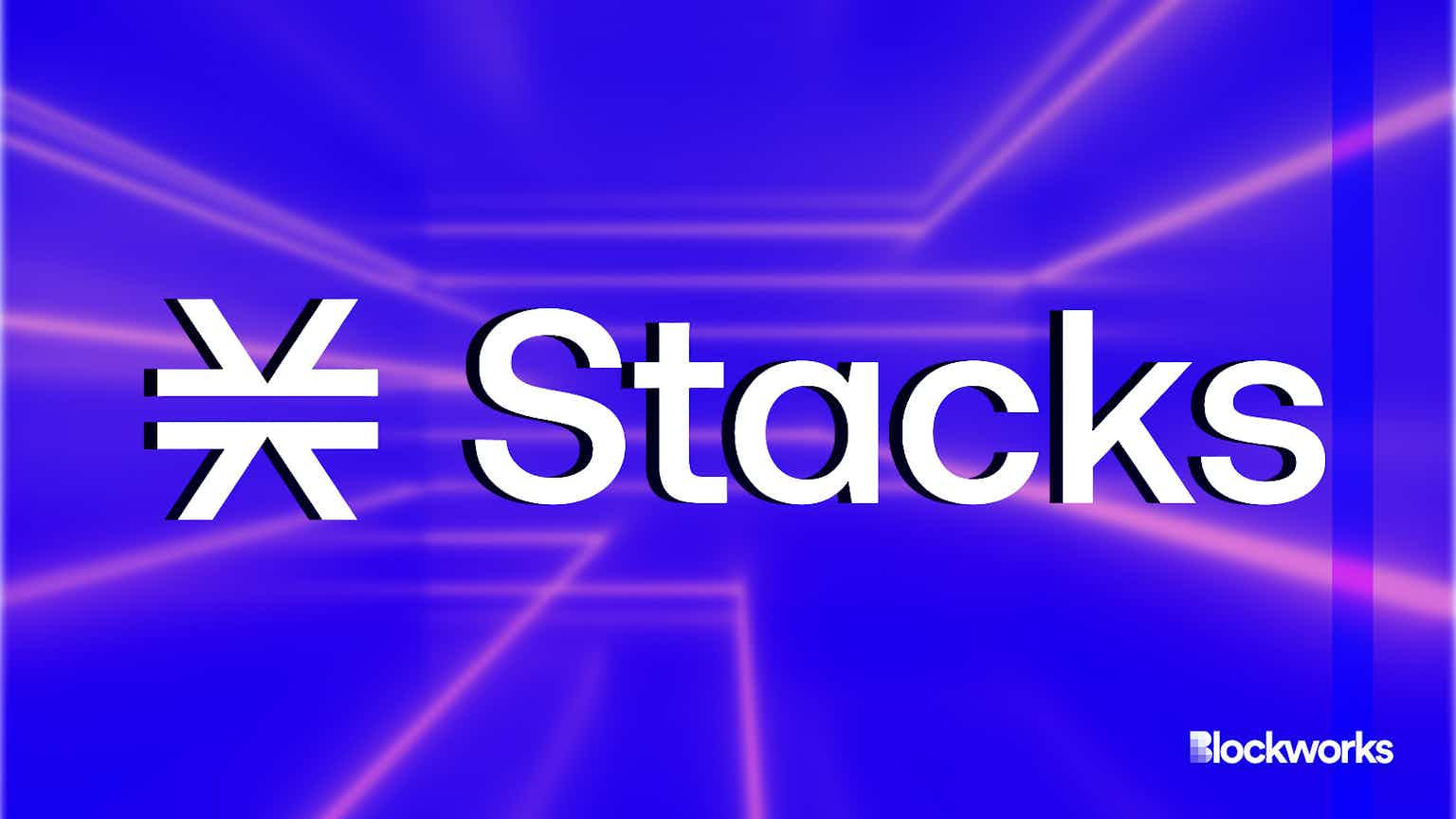QCP Capital Says ‘Regulatory Catalysts’ in US are Driving Crypto Volatility
Wheels are coming off the rally because of two major regulatory issues emerging in the US

Source: Shutterstock
key takeaways
- Singapore’s QCP Capital points to the SEC’s ‘negative comments’ on the idea of a bitcoin ETF, and the SEC’s harsh words about Coinbase’s lending products as cause for concern
- The price of bitcoin has stabilized, but is down from $53,000 earlier this week to around $46,500
Dark regulatory clouds hanging over the US in the form of the SEC’s delays in approving a bitcoin ETF, and their harsh words for the concept itself, as well as threats to sue Coinbase should it launch its lending suite have “taken the steam out of the ‘frenzied’ crypto rally” according to a Wednesday note published by QCP Capital.
The Singapore-based crypto fund called the recent rally, which brought the price of bitcoin past the psychological $50,000 mark, “frenzied” because “retail was going leveraged all-in on the alts, pushing some of the major alts’ perp funding levels through the roof.” QCP also said that there was a sense that this rally was too big to fail “evidenced by the pushback that we received on our short call views from last week.”
Despite numerous successful bitcoin ETFs in Ontario, the SEC continues to push back against approving a US-based bitcoin ETF. The most recent comments from SEC chair Gary Gensler have pointed toward the commission preferring a futures-based bitcoin ETF over a spot ETF.
All this, according to QCP Capital, shows how much the market had been pricing in an approval with some believing that it would be approved in October.
“Going forward it is clear that news around the ETF will continue to play a large part in the overall sentiment,” QCP wrote.
With regards to the SEC’s threat to sue Coinbase should it launch a lending product, QCP said that should the SEC take action on the market “a lot of the free yield generation in the US would dry up, which then means a lot of other directional long trades put on top of that would have to be unwound too.”
“Lending and Yield products are a mainstay of many crypto institutions. The high base yields in crypto mean most institutional alpha strategies also comprise some form of leveraged market-neutral lending,” QCP wrote.
Licenses no longer made from gold
Aside from the issue of yield generation, QCP points to a broader, structural problem that is emerging in the industry now: a potential devaluation of US crypto licenses.
US crypto regulatory licenses have historically always commanded a sizable premium, QCP argued, pointing to the price tag paid by FTX for LedgerX’s regulated crypto derivatives business, or the premium Coinbase commands over its peers despite its unregulated peers like Binance having much higher volume. But, should things go one way, this premium might be fundamentally challenged.
“That premium has been on the pretext that it would give them a free pass while governmental agencies took their war on crypto to other platforms and exchanges instead like Binance,” QCP wrote. “If now a regulated US entity, who is offering a product that is already being offered in the US, going through the proper legal route, can face such harsh action then nobody is assured to be safe anymore.”
Shares of Coinbase are currently trading at $259, down 7% in the last month falling alongside the price of bitcoin. On Twitter, many have noted the volume of insider sales of Coinbase stock that have occurred during the last month.
Are you a UK or EU reader that cant get enough investor-focused content on digital assets?Join us in London on November 15th and 16th for the Digital Asset Summit (DAS) London. Use code ARTICLE for £75 off your ticket. Buy it now.





